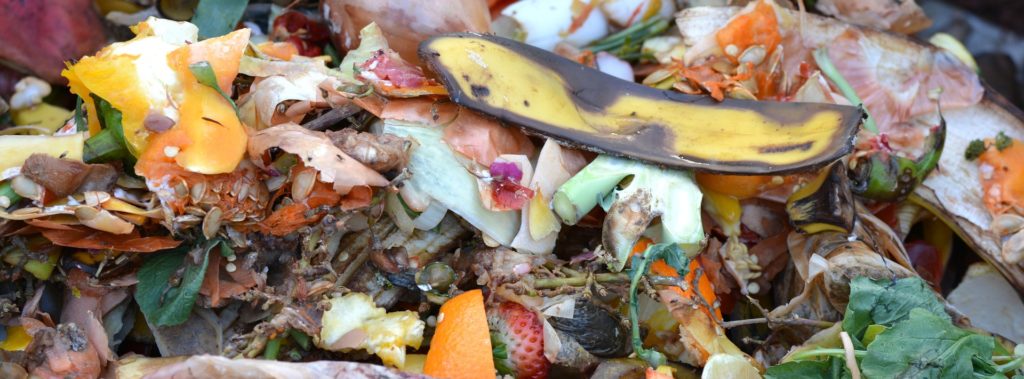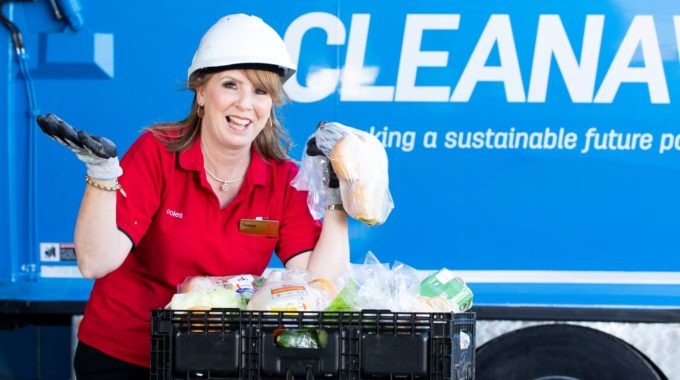Turning rubbish into resources
Coles and waste and recycling services company Cleanaway have launched cutting-edge organics recovery technology in Brisbane that converts food waste into nutrient-rich compost, the first of its kind in Queensland.
Capable of separating food from its packaging, the service will process inedible or out-of-date food from 111 Queensland Coles supermarkets, creating compost for farms, gardens and parks out of waste that would otherwise have gone to landfill.
The facility is capable of diverting up to 20,000 tonnes of waste from landfill per year, the equivalent to filling 20 Olympic-sized swimming pools. If sent to landfill, the waste would create 42,000 tonnes of CO2 emissions, the equivalent of 17,365 vehicles on the road.
The de-packaging technology has been installed in the Brisbane facility as part of a long-term food waste reduction partnership between Coles and Cleanaway. The new facility will help Coles increase the proportion of unsold food it diverts from landfill and will also provide Queensland businesses with a new sustainable organics diversion solution.

Food waste is a highly valuable resource. Researchers have already found ways to turn waste into biofuel, medicine and packaging. It can also be used to make nutrient-rich fertilisers and green energy. The CSIRO has even found a way to turn food waste into value-added ingredients and food products. The possibilities, it seems, are endless.
“Having the commitment from a business of Coles’ size means we can invest in this technology and recover material that would otherwise have been destined for landfill,” explains Cleanaway Regional Manager for Queensland, Hugo Parrisa.
The de-packaging unit has commenced operation in the Brisbane suburb of Willawong, and is accepting food and liquid that cannot be sold including meat offcuts, bakery items, packaged food and drinks and pet food.









